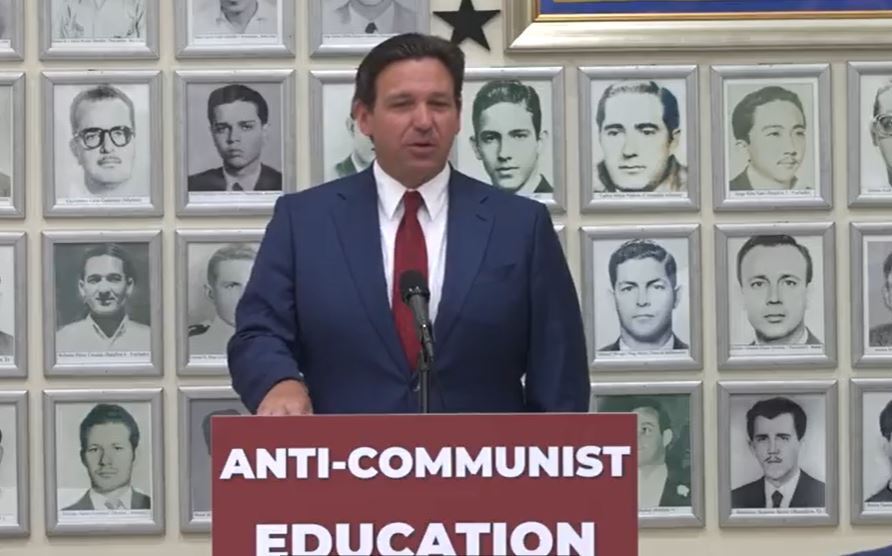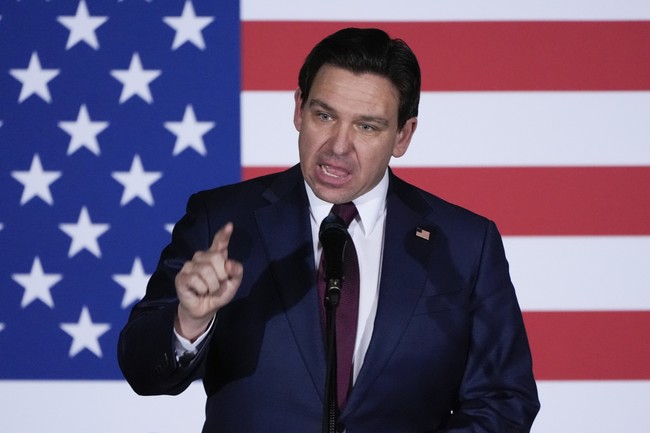Florida Governor Ron DeSantis has recently signed legislation mandating the inclusion of lessons on the dangers of communism in public school curriculums. This move has been met with both praise and criticism.
Supporters argue that teaching about the perils of communism is crucial for understanding history, while critics accuse DeSantis of politicizing education and diverting attention from other important issues. The legislation underscores DeSantis’ ongoing efforts to reshape Florida’s education system, a key aspect of his tenure as governor and his political agenda.
The new law requires students to learn about the “dangers and evils” of communism starting as early as kindergarten, sparking debate over the appropriateness of introducing such complex topics at such a young age.

Critics raise concerns about potential indoctrination and the politicization of education, especially given DeSantis’ track record of pushing for changes that some argue favor charter and private schools over public institutions. This move is seen as part of a broader trend of conservative-led initiatives to influence school curriculums across the country.
While supporters applaud DeSantis for addressing what they see as a gap in education regarding the history and consequences of communism, opponents question the motives behind the legislation and its potential impact on students’ understanding of political ideologies. The governor’s actions have been interpreted as a response to perceived left-leaning influences in education, with some accusing him of using the issue to score political points and rally his conservative base.
The controversy surrounding the new law reflects deeper ideological divisions within American society, particularly regarding the role of education in shaping young minds and transmitting cultural values.
Some view it as a necessary safeguard against the spread of communist ideology, while others see it as an attempt to restrict academic freedom and promote a particular political agenda. The debate underscores the challenges policymakers face in navigating issues of education, ideology, and civic engagement in an increasingly polarized environment.


